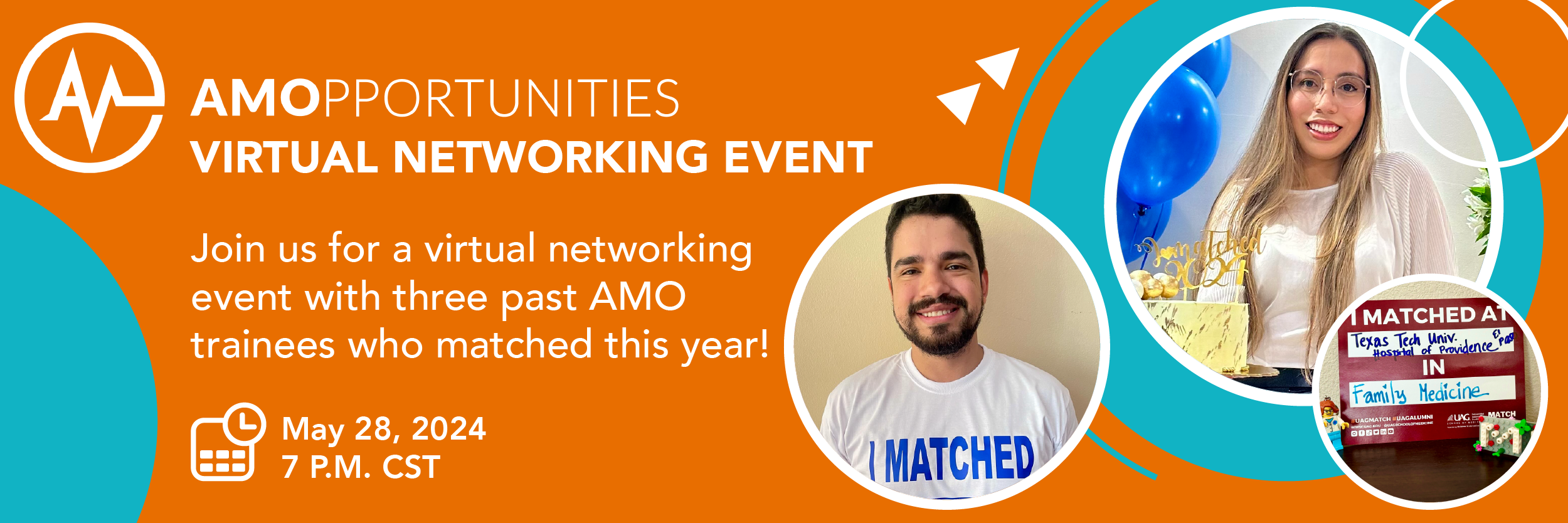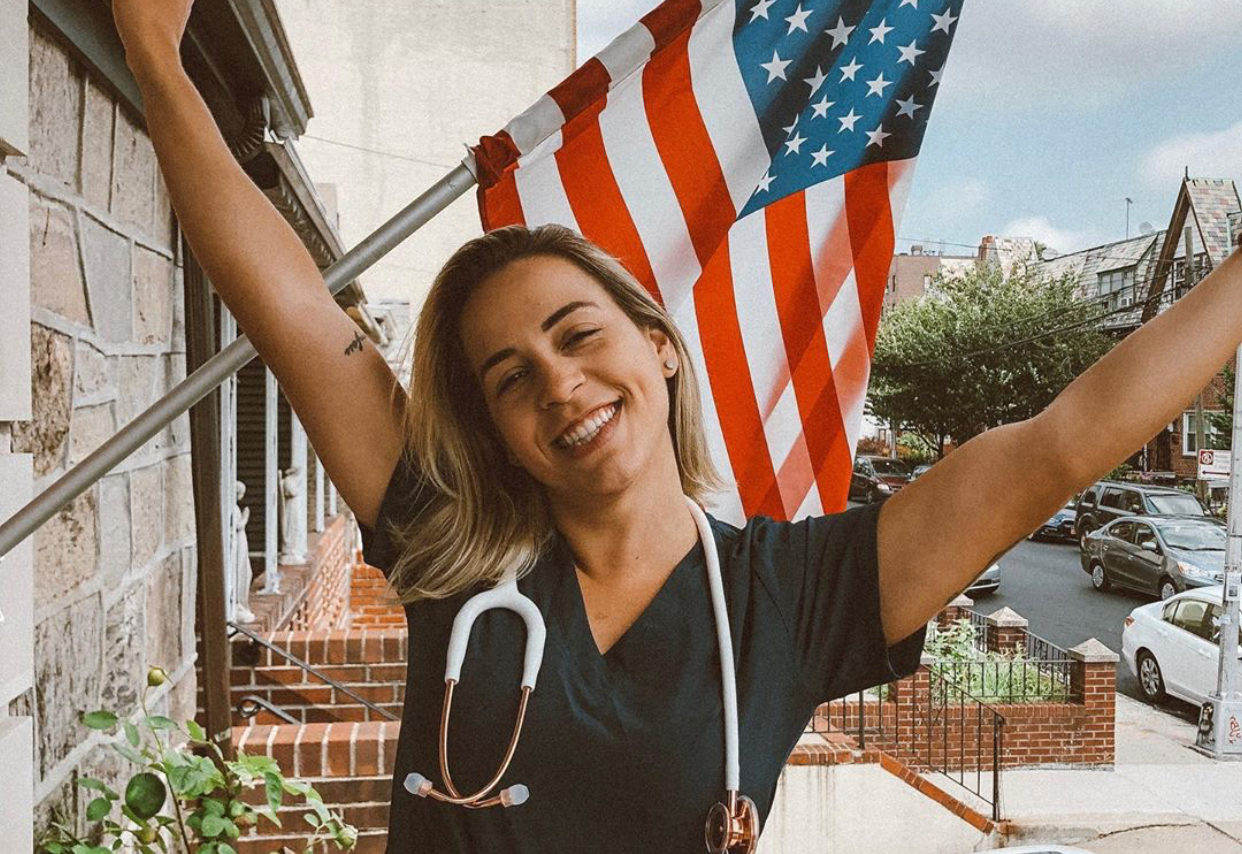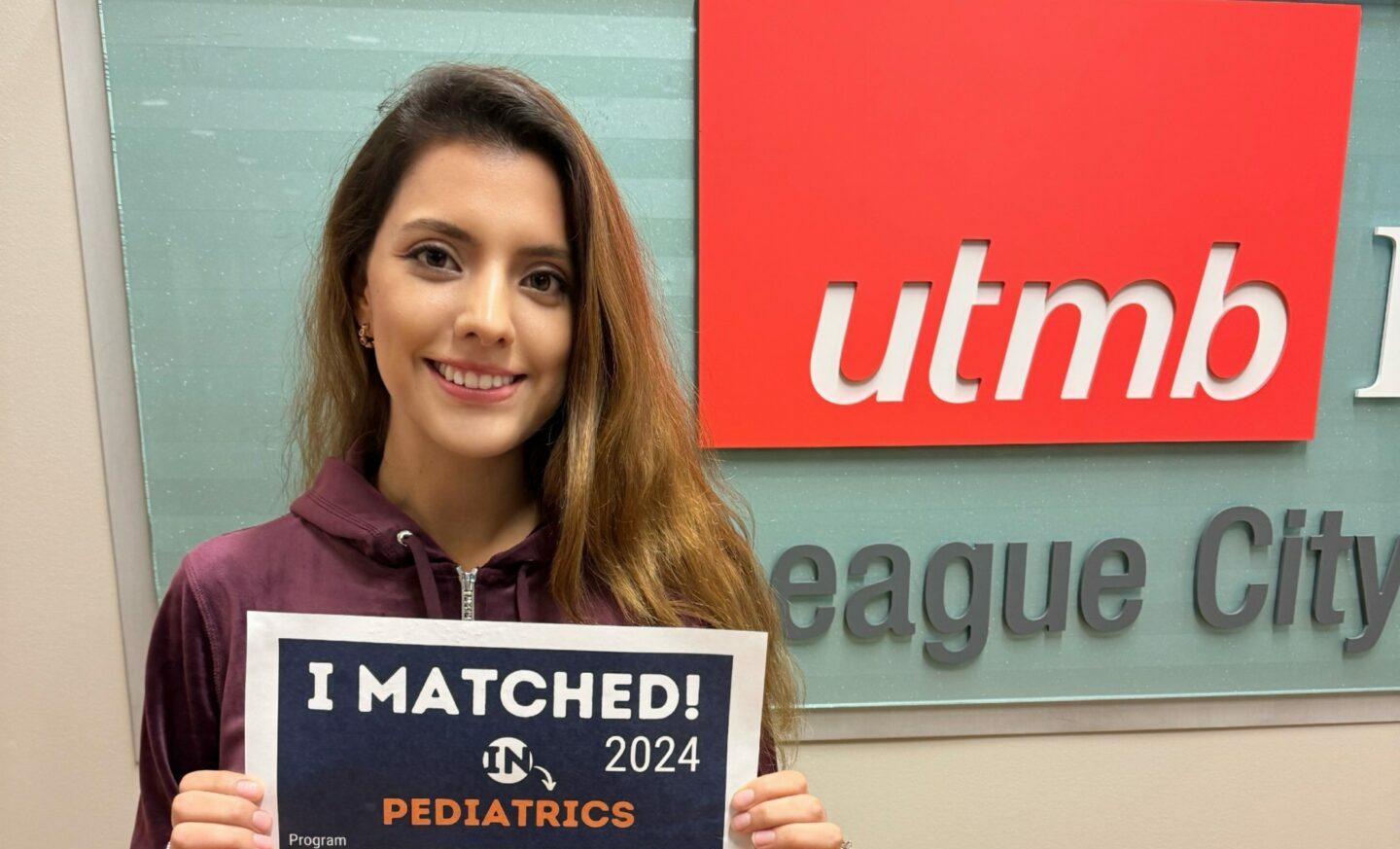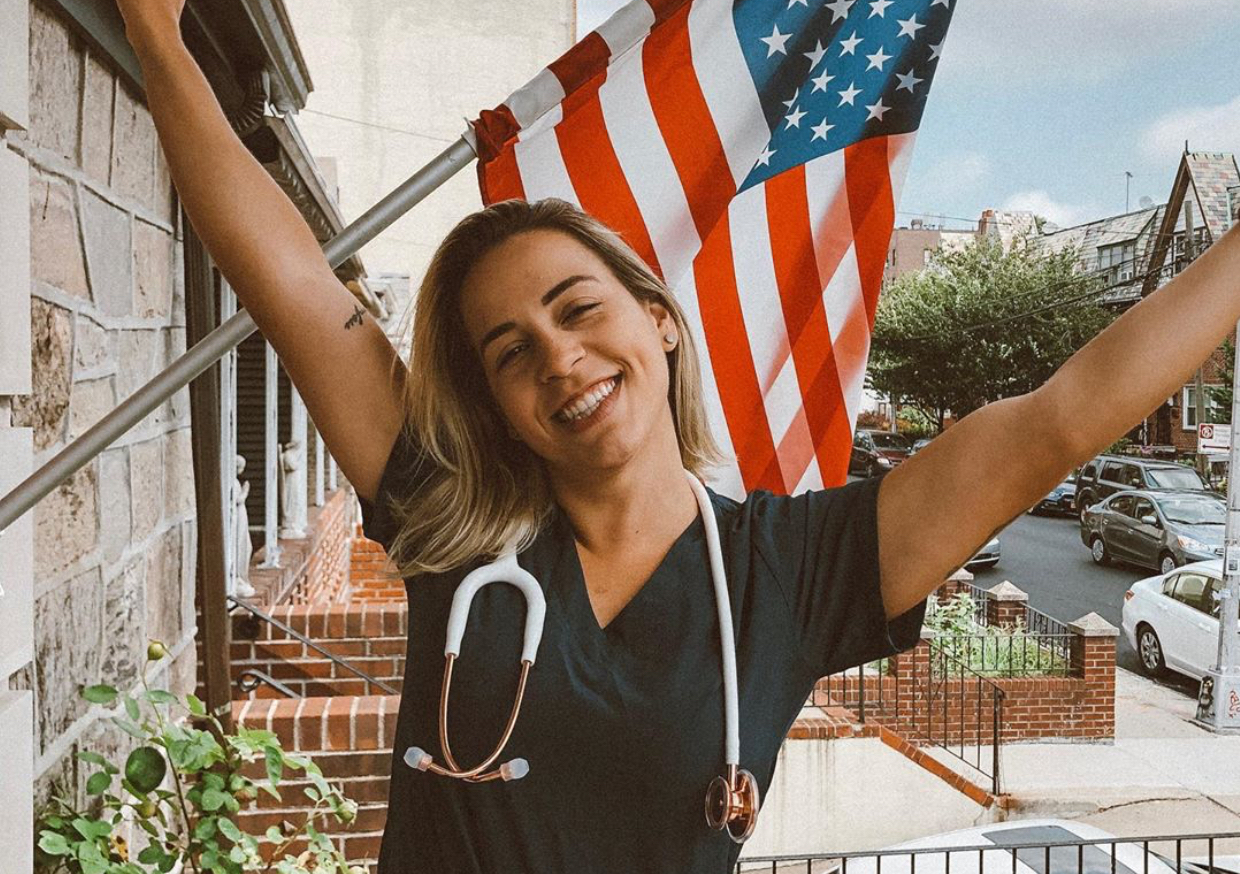Matching into residency is the ultimate goal. But preparing for residency in the right way can make or break your experience. It’s important to remember that the residency process is as much about you finding the right program as it is about programs finding the right candidate. Avoid a difficult residency experience with our five questions to ask before you start residency.
1) Am I comfortable in the U.S. health system?
The U.S. healthcare system is significantly different from the rest of the world. This makes it a unique but exciting place to practice healthcare! However, without previous experience in the U.S. healthcare system, practicing in the U.S. can have an adjustment period. So much so, in fact, that a lot of residency program directors actually look for U.S. healthcare experience as part of your application.
Looking to put some U.S. healthcare experience on your resume? Reach out to an AMO Advisor to learn more.
2) Am I familiar with this specialty?
The pressure to match can cause students to apply to or interview with many programs, even if that student doesn’t have as much experience in a given specialty. Cores and electives are a great way to discover a specialty or further explore a specialty. Ensuring you are applying for residency programs in specialties you are passionate about can help make your overall residency experience more enjoyable.
Certain specialties are also more friendly toward international medical graduates (IMGs). Knowing what these specialties are can also help you have success during the Match.
Learn more about IMG-friendly specialties here.
3) Where is this program located?
The U.S. is a large country with a diverse, regional climates. Knowing the climate of the regions where the programs you’re looking at are located can help you prepare (or help you know whether or not you still want to apply). As Tamar Frolichstein-Appel mentioned during this year’s World Medical Studies Conference, if you’re from a country with a warm climate will you be comfortable during cold, northern winters?
Similarly, are the programs you’re applying to located in places that will allow you to keep up with your hobbies? Be sure to find programs that will help you keep a strong work-life balance.
4) Am I willing to take an alternative route to residency?
It’s very possible that the pathway to residency might have some hiccups. Perhaps you don’t match. Or maybe you match into a program and begin to have doubts. Perhaps a major life event comes up.
There are many reasons you may not begin residency the year you planned, but there is no shame in any of them. Beginning residency under the right circumstances is more important than following a strict timeline.
If you don’t end up matching into residency, there are alternative options (such as SOAP, which allows you a second chance to match). These are programs designed to help medical students. If you go into residency open to taking advantage of these options, your odds for success (and happiness) increase!
5) How well do I know my CV?
You may find a residency program that may be a strong fit, but if your CV is not up to date, your experience may not be obvious to the program director. Ensuring your CV is updated means more than finding the right residency program. It means the right residency program will find you.
CVs are also a big focus for residency interviews. Expect to be asked multiple questions about your CV and previous experience. Familiarizing yourself with what is included on your resume and being able to speak to your experience will make you come across as confident to program directors.
Learn more about updating your CV here.







Leave A Comment